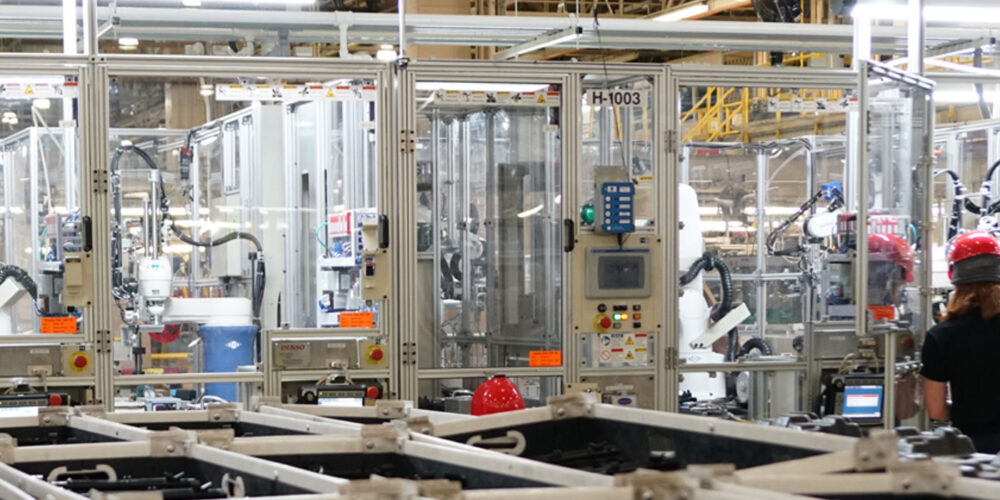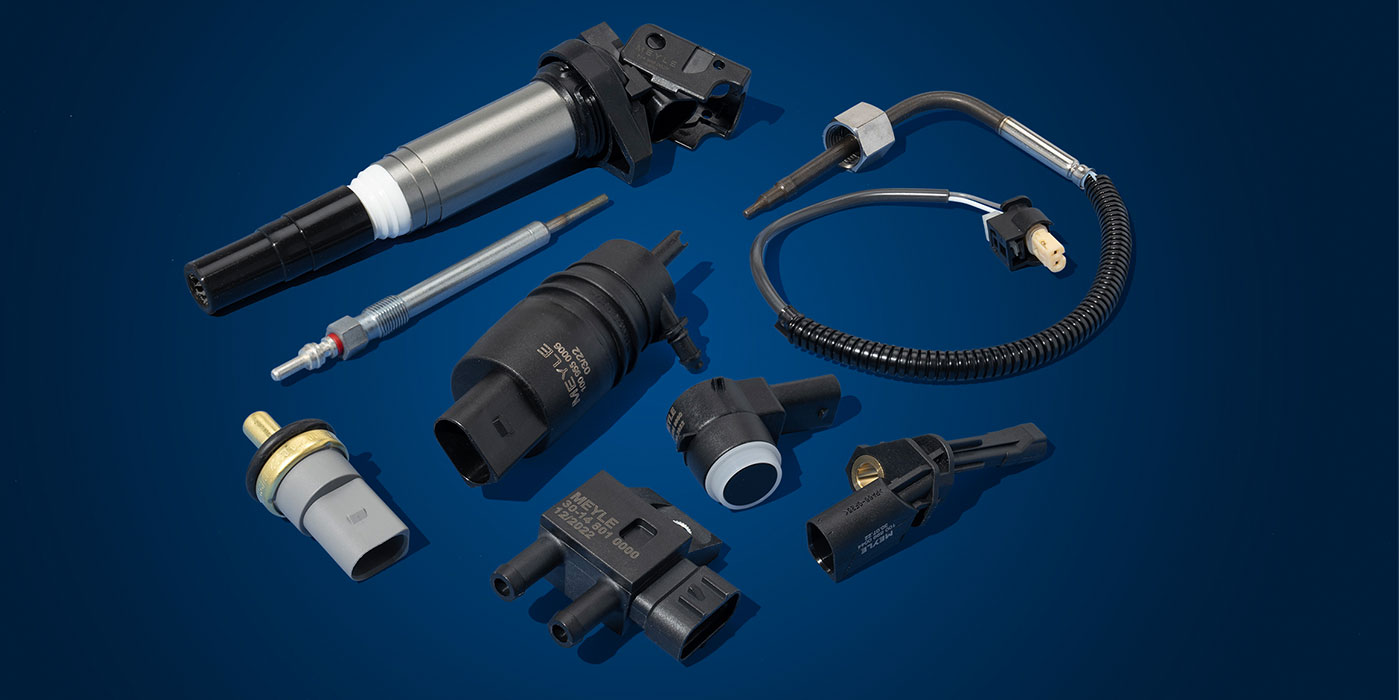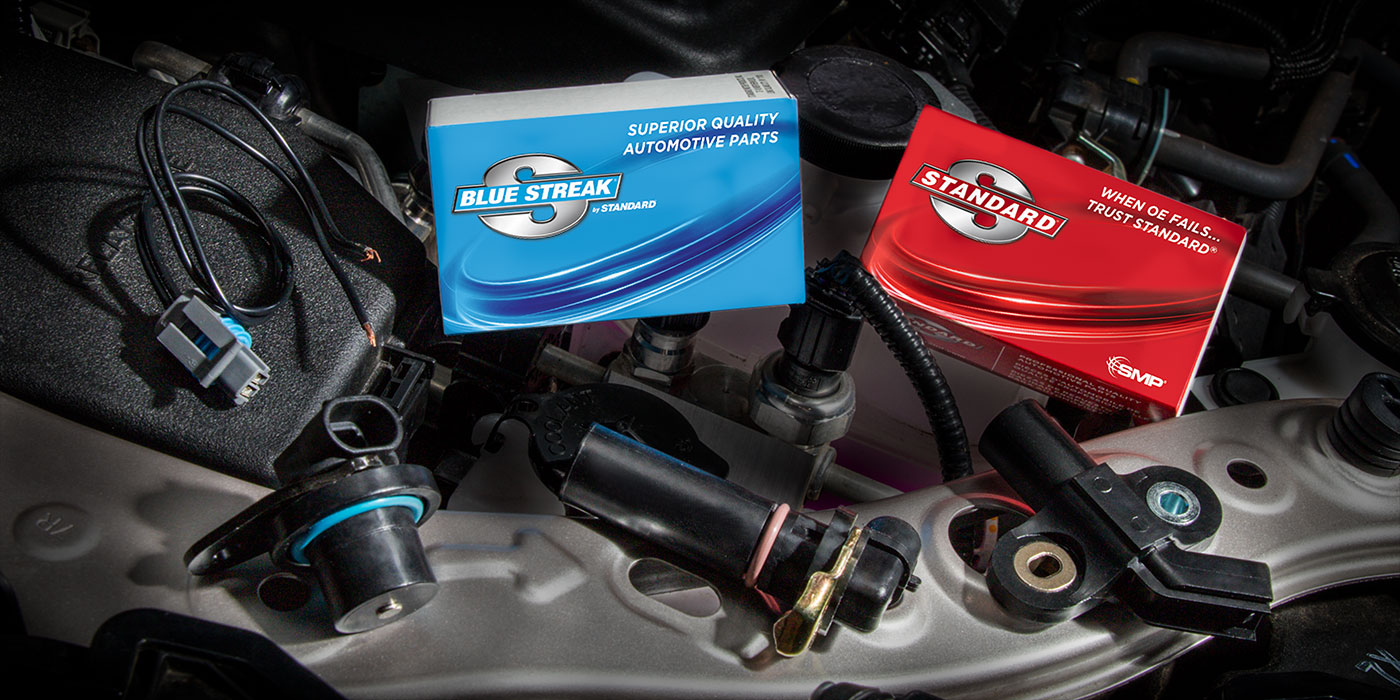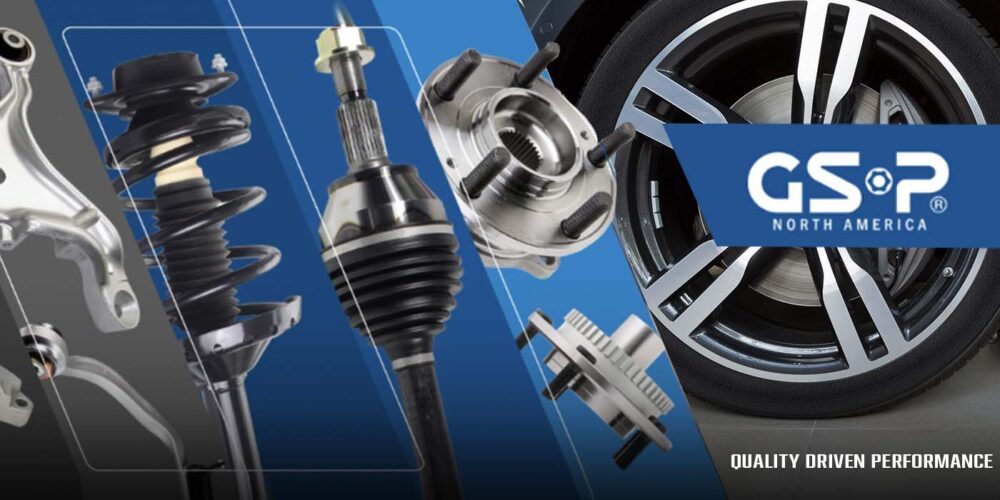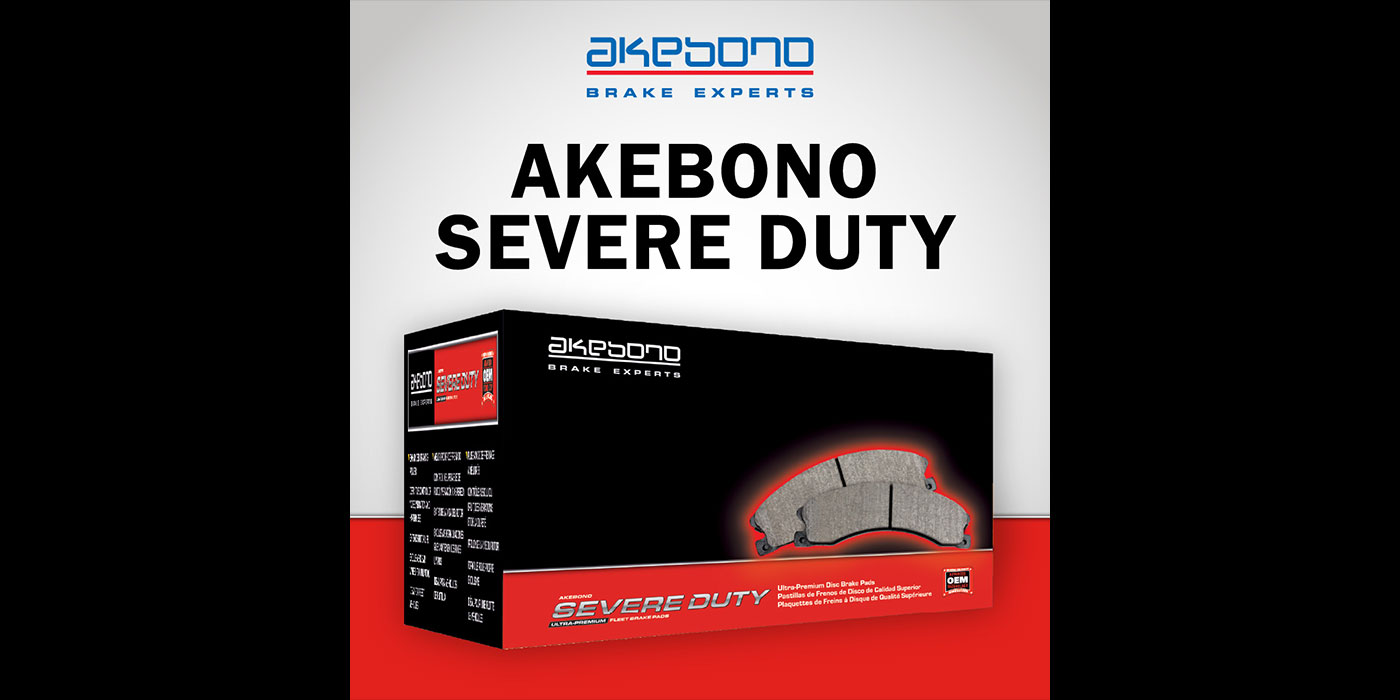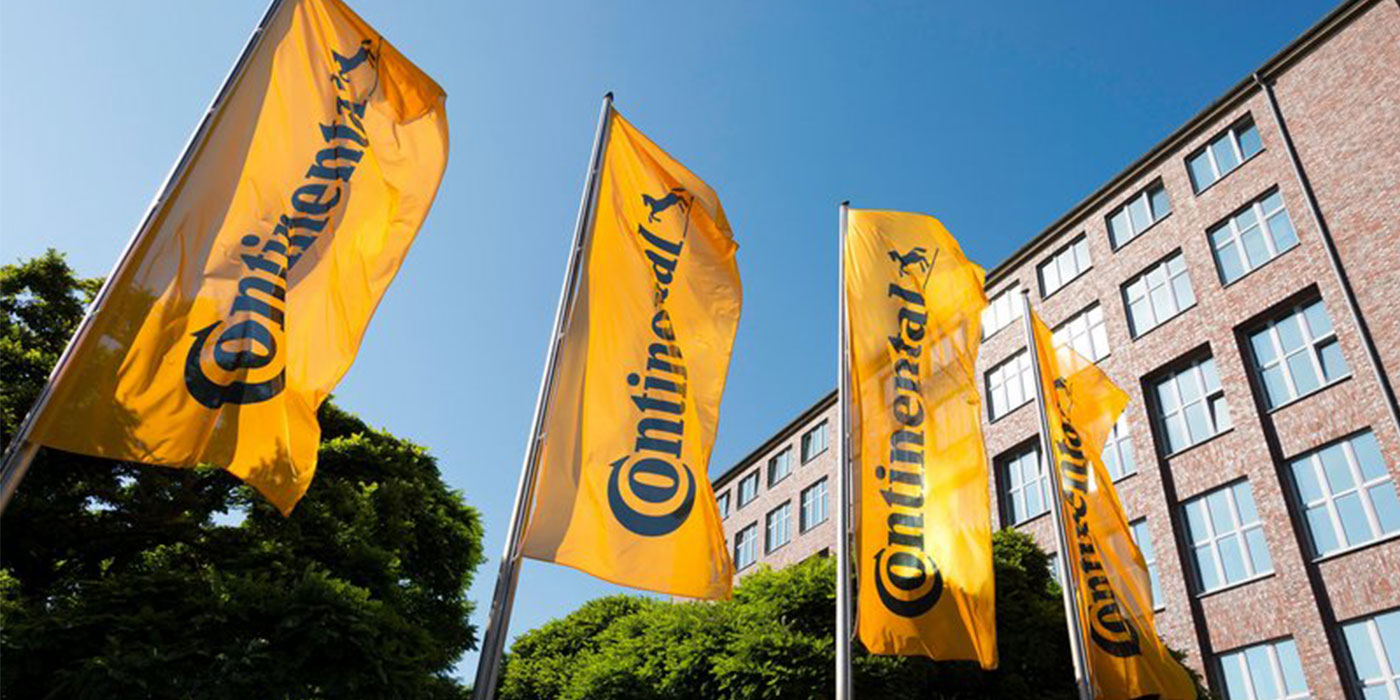DENSO announced it is working with Energy Systems Group (ESG) to increase the sustainability of operations at its thermal manufacturing facility in Battle Creek, Michigan. Through the collaboration, the energy solutions company is replacing and updating compressed air systems at the DENSO site, enhancing its energy efficiency and climate friendliness, the company said.
In summer 2024, when updates are expected to be complete, the new systems will begin to help DENSO remove nearly 3,000 tons of carbon dioxide annually from the thermal facility’s operations.
“Our commitment to being green doesn’t only apply to our products. It also motivates us to continuously seek new ways to operate more sustainably and conserve more energy,” said Todd Greer, a director of Facilities and Engineering Production at DENSO’s Battle Creek thermal facility. “We are grateful for ESG’s support, as it will be crucial to our pursuit of Eco Vision 2025, DENSO’s global initiative to halve energy use and double clean and green activities by next year.”
ESG uses its rich energy management and sustainable infrastructure expertise to deliver holistic, future-focused solutions to customers in various industries and federal, state and local governments, DENSO said.
The program is the latest initiative DENSO has implemented at the Battle Creek thermal facility that supports its Two Great Causes: Green – achieving carbon neutrality by 2035 – and Peace of Mind – creating a safe and seamless world for all.
In September 2023, DENSO announced with Michigan Governor Gretchen Whitmer it was investing $63 million in the Battle Creek thermal facility to retool production lines and accommodate products that support electrified vehicles.
In April 2023, the Battle Creek thermal facility alongside other Michigan businesses joined the Consumers Energy Business Renewable Energy Program. Enrolled businesses agree to match energy they use with wind and solar energy that Consumers Energy develops in Michigan, helping spread clean energy across the state.

